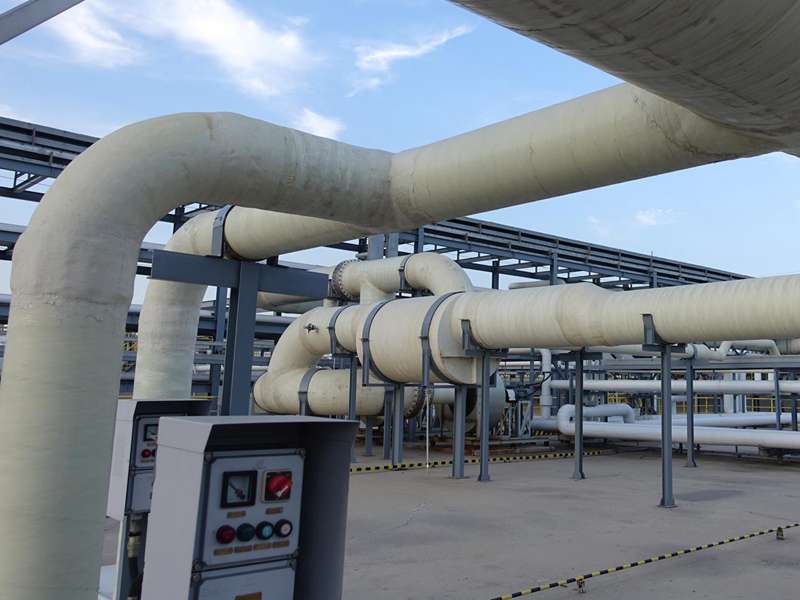
-
 Afrikaans
Afrikaans -
 Albanian
Albanian -
 Amharic
Amharic -
 Arabic
Arabic -
 Armenian
Armenian -
 Azerbaijani
Azerbaijani -
 Basque
Basque -
 Belarusian
Belarusian -
 Bengali
Bengali -
 Bosnian
Bosnian -
 Bulgarian
Bulgarian -
 Catalan
Catalan -
 Cebuano
Cebuano -
 China
China -
 China (Taiwan)
China (Taiwan) -
 Corsican
Corsican -
 Croatian
Croatian -
 Czech
Czech -
 Danish
Danish -
 Dutch
Dutch -
 English
English -
 Esperanto
Esperanto -
 Estonian
Estonian -
 Finnish
Finnish -
 French
French -
 Frisian
Frisian -
 Galician
Galician -
 Georgian
Georgian -
 German
German -
 Greek
Greek -
 Gujarati
Gujarati -
 Haitian Creole
Haitian Creole -
 hausa
hausa -
 hawaiian
hawaiian -
 Hebrew
Hebrew -
 Hindi
Hindi -
 Miao
Miao -
 Hungarian
Hungarian -
 Icelandic
Icelandic -
 igbo
igbo -
 Indonesian
Indonesian -
 irish
irish -
 Italian
Italian -
 Japanese
Japanese -
 Javanese
Javanese -
 Kannada
Kannada -
 kazakh
kazakh -
 Khmer
Khmer -
 Rwandese
Rwandese -
 Korean
Korean -
 Kurdish
Kurdish -
 Kyrgyz
Kyrgyz -
 Lao
Lao -
 Latin
Latin -
 Latvian
Latvian -
 Lithuanian
Lithuanian -
 Luxembourgish
Luxembourgish -
 Macedonian
Macedonian -
 Malgashi
Malgashi -
 Malay
Malay -
 Malayalam
Malayalam -
 Maltese
Maltese -
 Maori
Maori -
 Marathi
Marathi -
 Mongolian
Mongolian -
 Myanmar
Myanmar -
 Nepali
Nepali -
 Norwegian
Norwegian -
 Norwegian
Norwegian -
 Occitan
Occitan -
 Pashto
Pashto -
 Persian
Persian -
 Polish
Polish -
 Portuguese
Portuguese -
 Punjabi
Punjabi -
 Romanian
Romanian -
 Russian
Russian -
 Samoan
Samoan -
 Scottish Gaelic
Scottish Gaelic -
 Serbian
Serbian -
 Sesotho
Sesotho -
 Shona
Shona -
 Sindhi
Sindhi -
 Sinhala
Sinhala -
 Slovak
Slovak -
 Slovenian
Slovenian -
 Somali
Somali -
 Spanish
Spanish -
 Sundanese
Sundanese -
 Swahili
Swahili -
 Swedish
Swedish -
 Tagalog
Tagalog -
 Tajik
Tajik -
 Tamil
Tamil -
 Tatar
Tatar -
 Telugu
Telugu -
 Thai
Thai -
 Turkish
Turkish -
 Turkmen
Turkmen -
 Ukrainian
Ukrainian -
 Urdu
Urdu -
 Uighur
Uighur -
 Uzbek
Uzbek -
 Vietnamese
Vietnamese -
 Welsh
Welsh -
 Bantu
Bantu -
 Yiddish
Yiddish -
 Yoruba
Yoruba -
 Zulu
Zulu
Exploring the Impact of FRP Settlers on Modern Infrastructure Development
The Concept of the FRP Settler An Overview
The term 'FRP settler' refers to a device or system commonly utilized in various industrial applications, particularly in the fields of water treatment and chemical processing. FRP stands for Fiber Reinforced Plastic, a composite material known for its excellent strength-to-weight ratio, corrosion resistance, and durability. The design and utility of FRP settlers make them suitable for handling challenging environments, which are often faced in processes that require the separation of liquids from solids.
Understanding the Functionality of FRP Settlers
Settlers or clarifiers are essential components in a range of processes, including wastewater management, where they facilitate the sedimentation of suspended particles. The FRP settler operates on the principle of gravitational settling, where denser particles settle at the bottom of the tank due to gravity, allowing for the clear liquid to be discharged from the top. FRP's inherent properties contribute to the efficiency of this process.
In many industrial processes, the introduction of FRP technology enables systems to cope with aggressive chemicals and varying pH levels without succumbing to corrosion, which is a significant risk with traditional materials like steel. The lightweight nature of FRP also allows for easier installation and reduced structural support requirements, further enhancing its application scope.
Applications of FRP Settlers
FRP settlers find extensive use across multiple industries. In the municipal water treatment sector, these settlers are employed to clarify drinking water and treat wastewater before it is released into the environment. Similarly, in the chemical manufacturing industry, FRP settlers are integral in separating valuable chemicals from waste products, streamlining production processes while minimizing environmental impact.
frp settler

In addition to these sectors, FRP settlers also play a crucial role in the mining industry, where they are used to separate valuable minerals from ores. The use of FRP in such applications contributes to safer and more sustainable operations, which are essential in today's environmentally-conscious market.
Advantages of Utilizing FRP Settlers
One of the primary benefits of utilizing FRP settlers is their exceptional resistance to chemical attack. Unlike traditional metal options, FRP does not easily degrade when exposed to harsh chemicals, thus ensuring longevity and reliability. Furthermore, the reduced weight of FRP allows for lower transportation costs and simpler handling during installation.
The adaptability of FRP setters is another significant advantage. They can be designed to fit a wide range of specifications and capacities, making them suitable for both small-scale and large-scale applications. Additionally, these settlers can be manufactured in various shapes and sizes, providing flexibility in design to meet specific operational requirements.
Moreover, FRP settlers provide a cost-effective solution in the long run. Although the initial investment may be higher than conventional materials, the reduction in maintenance costs and the extended lifespan of FRP components lead to more considerable savings over the years. Industries and organizations can benefit from these cost efficiencies while simultaneously adhering to rigorous environmental standards.
Conclusion
In summary, FRP settlers represent a significant advancement in the realm of separation technology. Their innovative design and material properties allow them to excel in a variety of industrial applications, from water treatment to chemical processing and mining. The unique advantages they offer—ranging from corrosion resistance to adaptability—position FRP settlers as an attractive solution for modern industries aiming to optimize performance while minimizing environmental impact. As the world continues to prioritize sustainability and efficiency, the role of technologies like FRP settlers will only grow in importance, paving the way for more effective industrial processes in the future.









